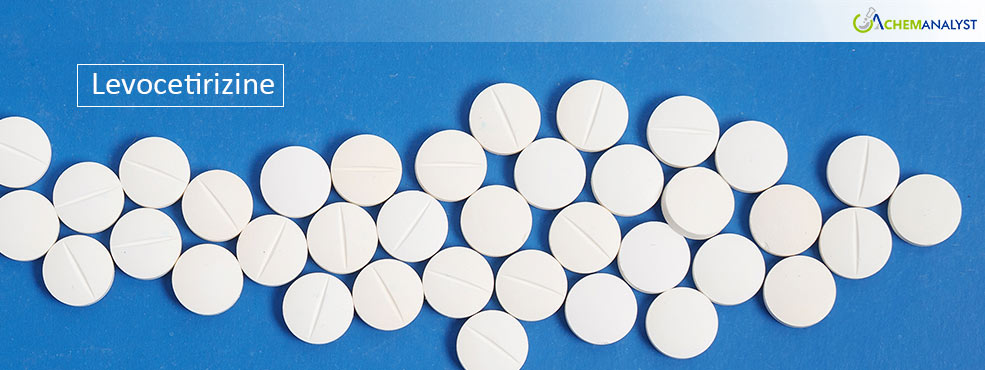Welcome To ChemAnalyst

Levocetirizine dihydrochloride is an active pharmaceutical ingredient (API) that is widely used in the healthcare and pharmaceutical sector. It is one of the main ingredients in antihistamines and anti-allergen medications. It treats common ailments like hay fever, hives and common allergies.
Key Takeaways:
The ongoing wildfires across Southern California, particularly in Los Angeles, have escalated into an emergency since January 7, 2025. Import-export shipments coming from the LA ports have been affected by the widespread wildfires, disrupting the supply of levocetirizine dihydrochloride. This disruption will cause levocetirizine dihydrochloride prices in the county to rise in January 2025, according to our analysts.
Due to the disruptions, suppliers could face increased costs in securing alternative transportation routes or expedited deliveries, which might be passed on to the end consumers in the form of higher API prices.
US majorly avails its levocetirizine dihydrochloride from China, a major global supplier APIs. With the Chinese Lunar New Year holiday approaching in mid-February 2025, production and shipping operations in China are expected to face disruptions. During this period, factories typically close for an extended time that will lead to a significant reduction in output. Moreover, transportation systems experience strain as workers take time off which causes delays for both domestic and international shipments.
To mitigate holiday disruptions, many Chinese suppliers rush shipments in early January. However, this leads to congestion at ports and logistics centers, which may cause delays in deliveries to the US and other markets.
This price hike of Levocetirizine dihydrochloride could be further exacerbated by Trump’s stringent tariff policy for China. With his recent threat to impose taxes as strict as 60%, US importers are already expediting shipments to avoid these increased costs. This rush to secure goods, including Levocetirizine dihydrochloride, may result in a temporary surge in demand, placing strain on the supply chain and potentially driving prices higher.
The hike is anticipated to affect multiple sectors, particularly pharmaceuticals and healthcare, which depend on Levocetirizine dihydrochloride for their product formulations.
We use cookies to deliver the best possible experience on our website. To learn more, visit our Privacy Policy. By continuing to use this site or by closing this box, you consent to our use of cookies. More info.
